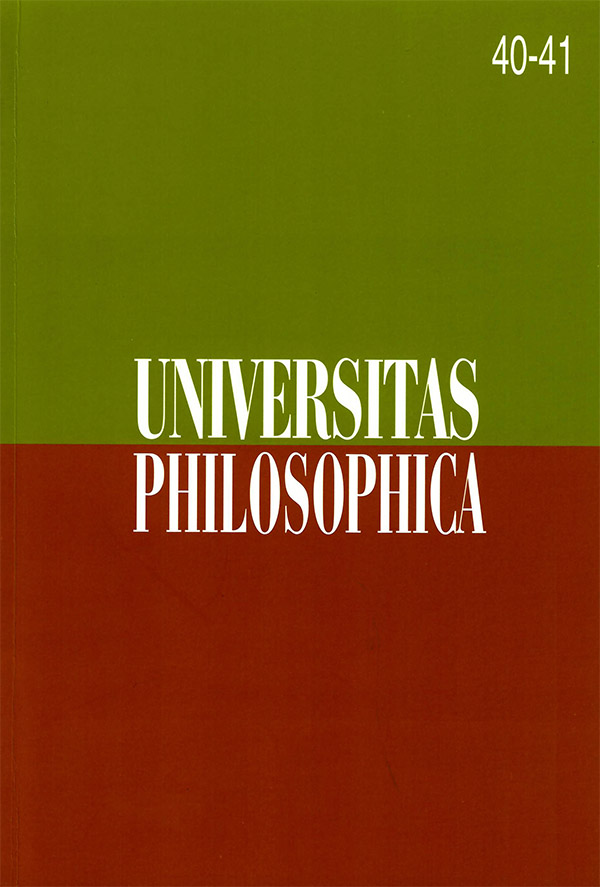Abstract
Hume presents his view of art in the essay On the Standard of Taste, in which he proposes the existence of a standard capable of putting an end to discussions about taste. Such a standard is based upon the existence of certain forms and qualities that naturally please every human being. Hume assures that such a standard corresponds to the opinion of the critic: a man that has notoriously developed his faculties of knowledge, in a way that it allows him to perceive those fine qualities that naturally arouse the pleasure of beauty in human being. Hume, nevertheless, remains silent as to what those universally pleasant forms and qualities are about. I intend to show how Leonard Meyer's theory of emotion in music, developed in his text Emotion and Meaning in Music, can provide great service in this regard.This journal is registered under a Creative Commons Attribution 4.0 International Public License. Thus, this work may be reproduced, distributed, and publicly shared in digital format, as long as the names of the authors and Pontificia Universidad Javeriana are acknowledged. Others are allowed to quote, adapt, transform, auto-archive, republish, and create based on this material, for any purpose (even commercial ones), provided the authorship is duly acknowledged, a link to the original work is provided, and it is specified if changes have been made. Pontificia Universidad Javeriana does not hold the rights of published works and the authors are solely responsible for the contents of their works; they keep the moral, intellectual, privacy, and publicity rights.
Approving the intervention of the work (review, copy-editing, translation, layout) and the following outreach, are granted through an use license and not through an assignment of rights. This means the journal and Pontificia Universidad Javeriana cannot be held responsible for any ethical malpractice by the authors. As a consequence of the protection granted by the use license, the journal is not required to publish recantations or modify information already published, unless the errata stems from the editorial management process. Publishing contents in this journal does not generate royalties for contributors.


